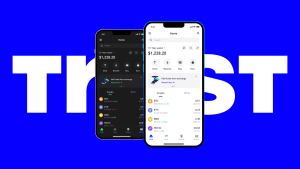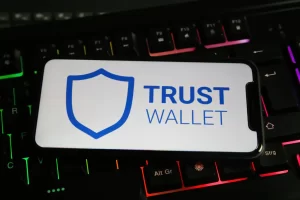How much does it cost to withdraw from a Trust Wallet?
The cost to withdraw from Trust Wallet depends on the cryptocurrency network’s transaction fees, which vary by coin. Trust Wallet itself doesn’t charge withdrawal fees, but network fees (like Ethereum or Binance Smart Chain) apply.
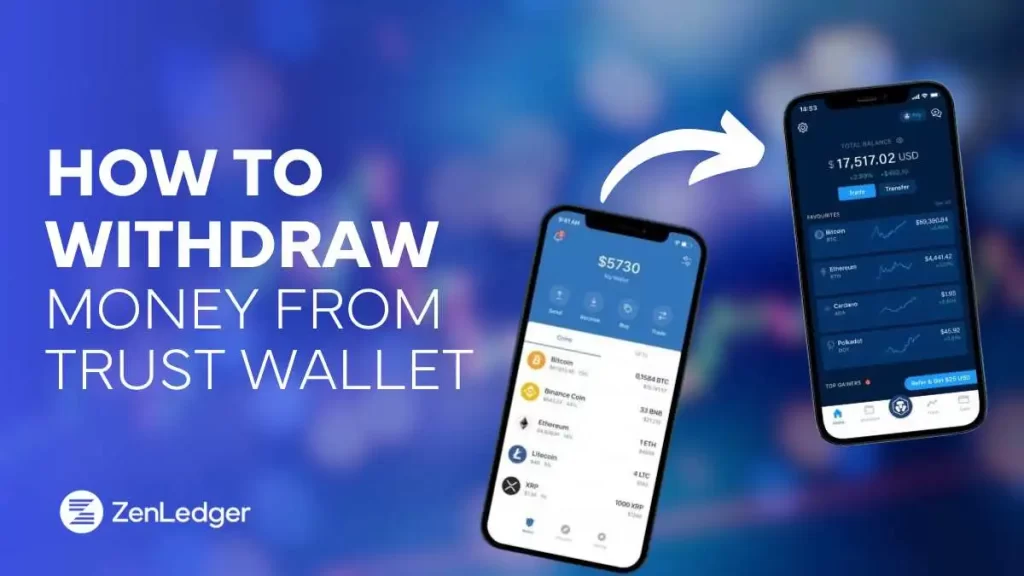
Understanding Trust Wallet Withdrawal Fees
What Determines the Withdrawal Fee on Trust Wallet?
- Blockchain Network Fees: The main factor determining withdrawal fees on Trust Wallet is the blockchain network’s transaction fees. These fees vary depending on the cryptocurrency you’re withdrawing, as each blockchain has its own fee structure.
- Network Congestion: During times of high demand or network congestion, fees can increase. For example, Ethereum transaction fees often spike during periods of heavy activity.
- Token Type: The type of token or coin you are withdrawing also affects the fee. For example, withdrawals of tokens on the Binance Smart Chain (BSC) typically incur lower fees than those on Ethereum due to differences in the network infrastructure.
How to Estimate Network Fees for Trust Wallet Withdrawals
- Check Before Withdrawing: Trust Wallet provides an estimated transaction fee before you confirm any withdrawal. This allows you to see the expected fee and decide if you want to proceed.
- Use Online Fee Estimators: For more accurate estimations, use online blockchain fee calculators specific to the cryptocurrency you’re withdrawing. Websites like GasTracker (for Ethereum) can help you estimate real-time network fees.
- Consider Gas Price Adjustments: Some cryptocurrencies, like Ethereum, allow you to manually adjust the gas price. Higher gas prices can speed up transactions but will also increase the cost, while lower gas prices reduce fees but may delay the process.
Trust Wallet Transaction Fees Explained
Do Transaction Fees Vary by Cryptocurrency on Trust Wallet?
- Blockchain-Specific Fees: Yes, transaction fees on Trust Wallet vary depending on the cryptocurrency. Each blockchain network, such as Ethereum or Bitcoin, has its own fee structure, which is determined by factors like network congestion and the complexity of the transaction.
- Token Differences: In addition to cryptocurrencies like Bitcoin and Ethereum, tokens on other networks (such as Binance Smart Chain or Solana) tend to have lower transaction fees due to differences in how these networks operate.
- Fee Variability: For example, Ethereum transactions are often more expensive during high network demand, while Binance Smart Chain or other Layer-2 solutions generally offer lower fees even during busy periods.
How to Minimize Fees When Withdrawing from Trust Wallet
- Choose a Low-Cost Network: Opt for cryptocurrencies or networks that typically have lower transaction fees, such as Binance Smart Chain (BSC) or Solana. These blockchains offer much cheaper transaction costs compared to Ethereum or Bitcoin.
- Adjust Gas Fees: In networks like Ethereum, you can manually adjust the gas fees. If you’re not in a rush, setting a lower gas price can reduce the transaction cost. However, this might lead to slower transaction processing.
- Avoid Peak Times: Cryptocurrency transaction fees tend to rise during periods of high demand or congestion. Avoid withdrawing during peak times to minimize your fees. You can monitor network congestion via online tools like GasTracker for Ethereum.
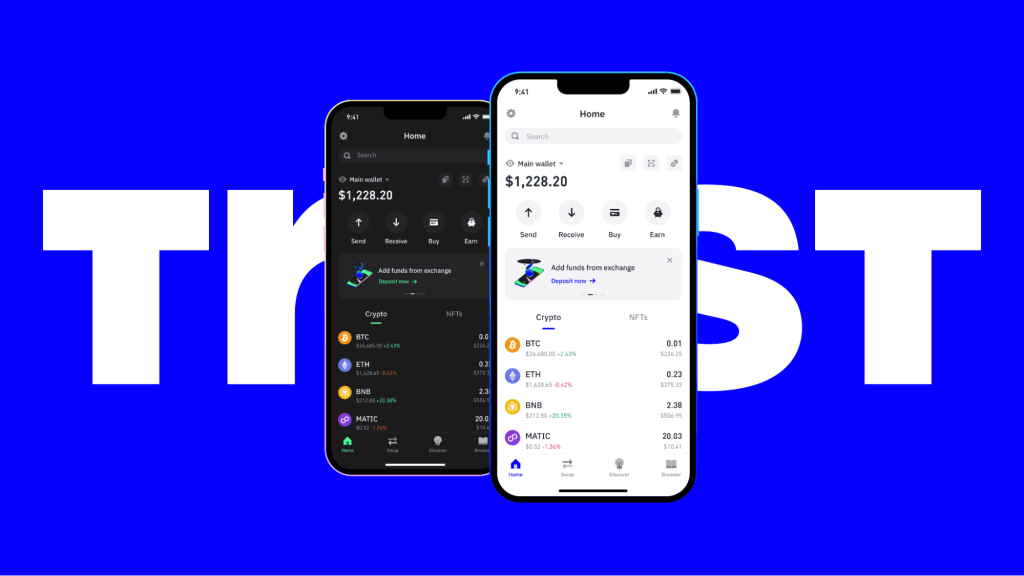
Why Network Fees Apply to Trust Wallet Withdrawals
The Role of Blockchain Fees in Trust Wallet Transactions
- Transaction Validation: Network fees are required to validate and confirm transactions on the blockchain. Miners or validators receive these fees as compensation for processing the transactions and securing the network.
- Decentralization and Security: The decentralized nature of blockchain networks means there are no central authorities to process transactions for free. Fees ensure that transactions are prioritized, processed, and secured in a trustless environment.
- Network-Specific Fee Models: Each blockchain has a unique fee model, whether it’s a fixed rate or a dynamic system that changes depending on factors like transaction size or network usage. Trust Wallet relies on these networks, so the fees are determined by the respective blockchain protocols.
How Network Congestion Affects Trust Wallet Withdrawal Fees
- Increased Fees During High Traffic: When a blockchain network experiences congestion—such as during periods of high trading volume or popular events—the transaction fees often rise. This happens because there is a greater demand for transaction processing, leading to higher gas or miner fees.
- Slower Transaction Speeds: As network congestion increases, transactions may take longer to confirm, and users may need to pay higher fees to prioritize their transactions. Trust Wallet users may face delays and higher costs during these times.
- Dynamic Fee Adjustment: On networks like Ethereum, users can adjust the gas price to expedite transactions. However, higher gas prices may lead to increased withdrawal costs. Monitoring network congestion through tools like GasTracker can help users decide the optimal time to make withdrawals.
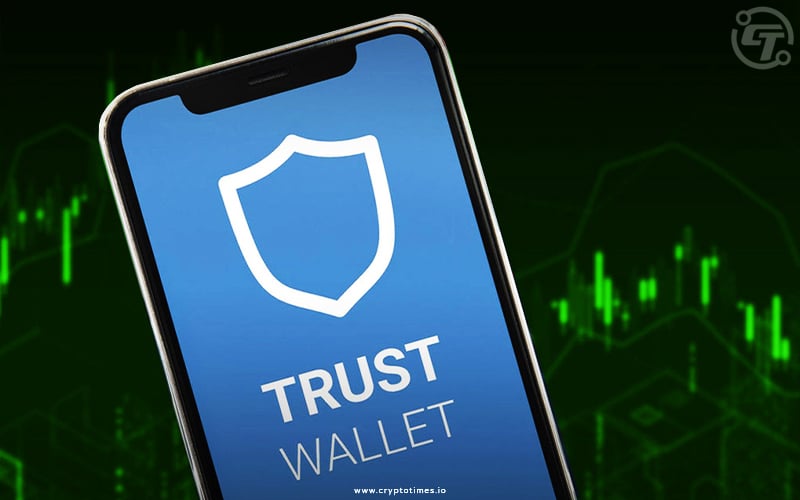
Factors Affecting Withdrawal Fees on Trust Wallet
Does Trust Wallet Charge Any Additional Fees?
- No Platform Fees: Trust Wallet does not charge any additional withdrawal or transaction fees beyond the network fees. The app is non-custodial, so it doesn’t make money from user transactions.
- Only Network Fees Apply: The withdrawal fee you pay on Trust Wallet is solely determined by the blockchain network you’re using. For example, Ethereum and Bitcoin transactions have higher network fees compared to other coins or tokens.
- No Hidden Costs: Trust Wallet does not impose hidden fees or service charges. All fees are transparent, and you are shown the expected costs before completing a transaction.
How Different Cryptocurrencies Have Different Withdrawal Costs
- Blockchain Network Differences: Different cryptocurrencies operate on different blockchains, each with its own fee structure. For example, withdrawing Ethereum or Bitcoin typically involves higher fees due to their more congested and resource-intensive networks.
- Low-Cost Networks: Cryptocurrencies on more efficient blockchains like Binance Smart Chain (BSC) or Solana tend to have lower withdrawal fees, as these networks are designed to handle transactions more efficiently and cost-effectively.
- Token-Specific Fees: Even within the same blockchain, different tokens may have varying fees due to token-specific factors like smart contract complexity or network usage. For instance, stablecoins like USDT or USDC on Ethereum may incur higher fees compared to their counterparts on Binance Smart Chain.
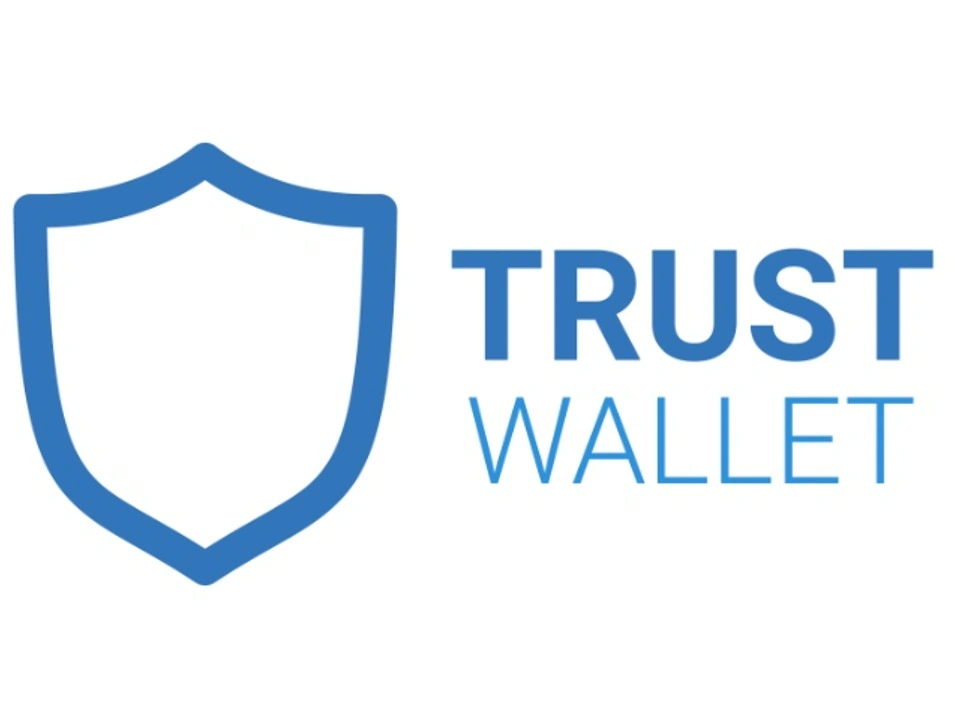
Can You Control Withdrawal Fees on Trust Wallet?
How to Adjust Gas Fees for Ethereum Withdrawals
- Manual Gas Fee Adjustment: When withdrawing Ethereum from Trust Wallet, you can manually set the gas fee. This allows you to choose between a higher fee for faster processing or a lower fee for a slower transaction.
- Custom Gas Price: By selecting a custom gas price, you control how much you’re willing to pay to miners to process your transaction. Ethereum wallets like Trust Wallet give you this flexibility to optimize both cost and transaction speed.
- Use Gas Estimators: Trust Wallet will provide an estimated gas fee for Ethereum transactions. You can check network congestion via gas tracker tools to adjust the fee accordingly for a quicker or more affordable transaction.
Tips for Reducing Withdrawal Costs on Trust Wallet
- Choose Lower-Cost Cryptocurrencies: Consider withdrawing cryptocurrencies that are known for lower transaction fees, like those on the Binance Smart Chain or Solana networks. These blockchains generally have much cheaper fees compared to Ethereum or Bitcoin.
- Withdraw During Off-Peak Times: Network fees can vary depending on traffic. Withdrawing during periods of low congestion on the blockchain can help you save on gas fees. Tools like GasTracker can help you identify the best times to make your withdrawals.
- Consolidate Transactions: If possible, consolidate multiple withdrawals into one larger transaction to avoid paying fees multiple times. This strategy works especially well with cryptocurrencies that have a flat fee for transactions, such as Bitcoin.

